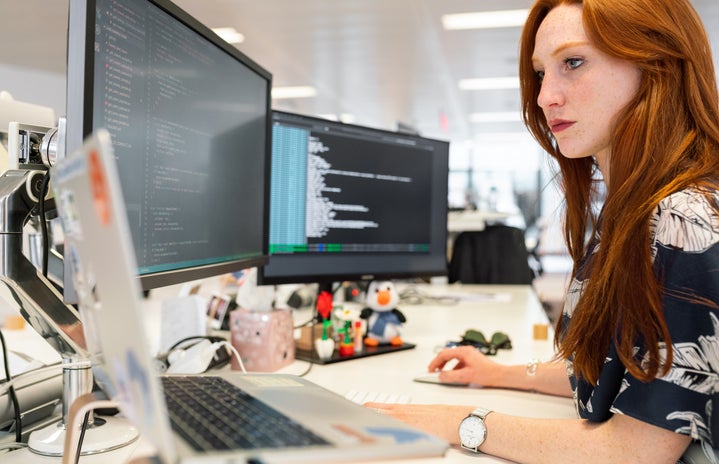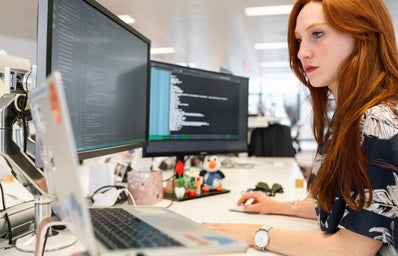The usage of Artificial Intelligence (AI) has become more frequent in education, work-life, and even creativity. Therefore, many individuals raise the question of whether they will be replaced with AI in employment and other endeavors. AI like ChatGPT and others can now produce programming code, stories, research, graphical content, and images.
Major tech companies are also implementing AI features within their organization, for example, Google has introduced their generative AI, “Bard” and Elon Musk with “X.AI.”
Will these AI programs replace jobs?
One of the notable advancements in AI is its ability to generate code and written content. Automated coding systems can streamline the development process, making it faster and more efficient. Similarly, AI-driven content generators can produce articles, reports, and even creative pieces. While this has led to increased productivity in certain industries, it has also raised concerns about job displacement.
The introduction of automated customer service representatives is a prime example of AI in traditional human roles. Basic problem-solving and information dissemination can now be handled efficiently by AI-driven systems. However, the question remains: Can AI replace human intervention when it comes to complex issues that require empathy, critical thinking, and nuanced understanding?
The short answer is no. There are inherent limitations that prevent AI from completely taking over certain jobs. Complex problem-solving, emotional intelligence, and the ability to adapt to unpredictable situations are practices that current AI cannot handle. While there is still AI content being produced for humans, there will always be a human needed within the involvement to ensure human creativity, innovation, and complexity remains unprecedented.
What does AI have to say about this?
While producing this article, I thought it would be interesting to gather the perspective from ChatGPT. The AI program states,
“Rather than replacing jobs entirely, a more plausible future scenario involves collaboration between humans and AI. Automation can handle repetitive and mundane tasks, freeing up human workers to focus on higher-level responsibilities that require emotional intelligence, creativity, and strategic thinking. This symbiotic relationship could lead to increased efficiency and innovation across various industries.”
I wholeheartedly agree with this statement, and even take it upon myself to utilize ChatGPT to help build me a foundation for a concept, and then go through myself to personalize it and perfect it. For example, within a content-heavy writing assignment, I believe it would be practical to utilize ChatGPT to check spelling and grammar mistakes or provide you with a basic foundation of topics you should focus on and improve. It can be a great resource when it is seen as one.


